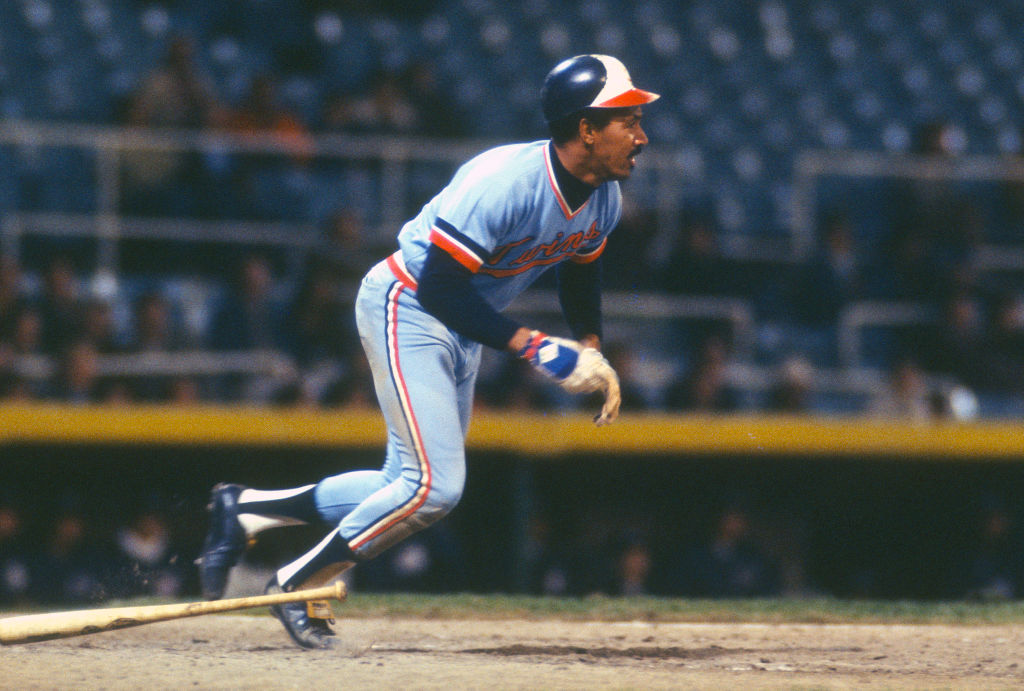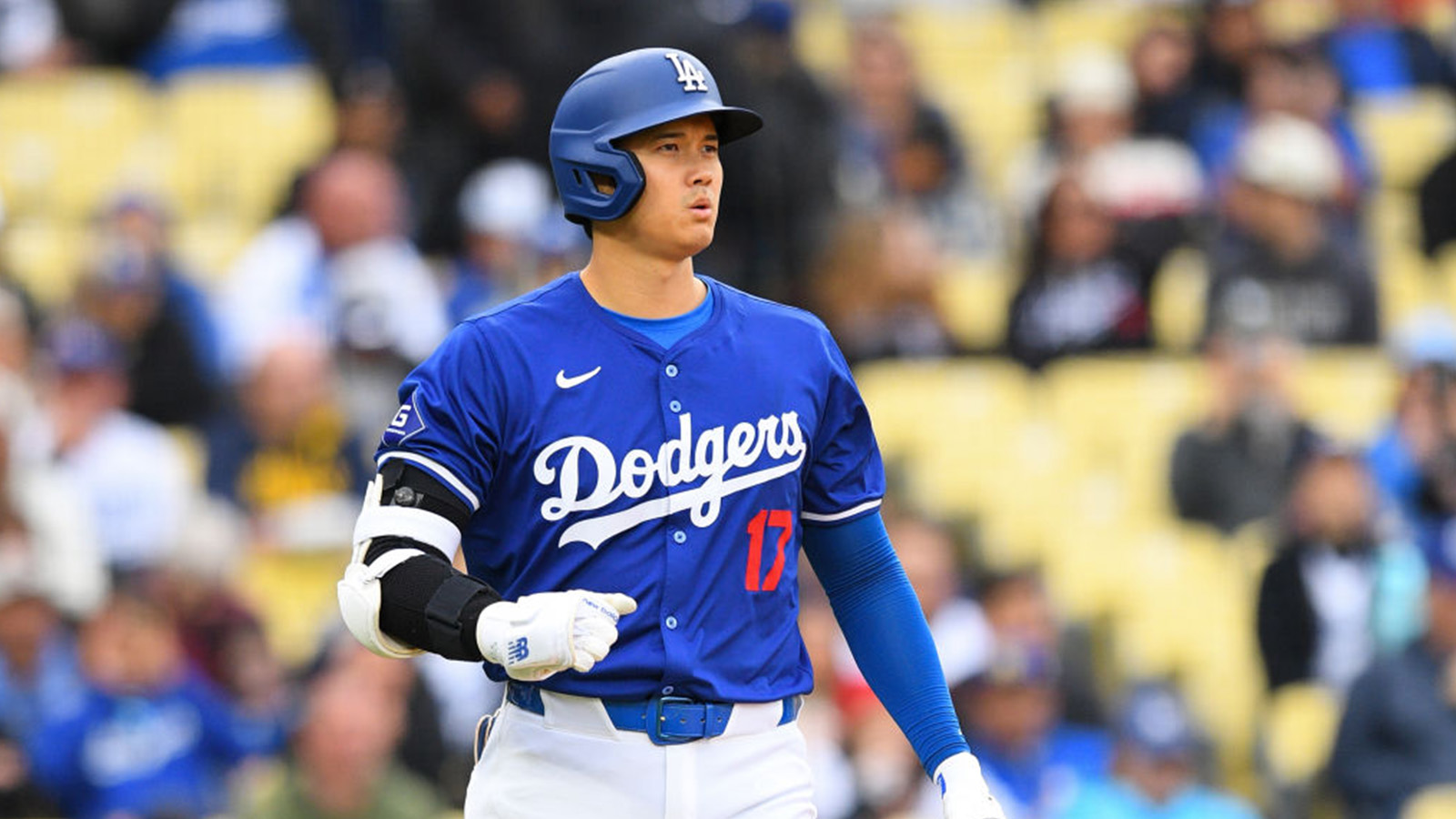
Lyman Bostock’s Promising MLB Career and Life Senselessly Ended in Fit of Rage
Lyman Bostock was an up-and-coming Major League Baseball player who was at the tail end of his fourth season in the big leagues. He was playing for the California Angels after spending his first three seasons with the Minnesota Twins. Bostock had the best season of his career in his last season with the Twins and was proving he could do it again with the Angels. On Sept. 23, 1978, it wall came to a tragic end when an enraged man fired a shot into the car Bostock was riding in, killing the young player.
Who was Lyman Bostock?
Lyman Bostock had some pretty good baseball genes. His father, Lyman Bostock Sr., was a first baseman who enjoyed a long career in the Negro Leagues. Throughout his life, Bostock, an outfielder, was known for making basket catches. In an article in SABR.org, he said that wasn’t for show, but it was because his baseball glove was stolen when he was younger.
“When I was 8 years old, my mother bought me my first glove,” Bostock recalled during his playing days. “But someone stole it the next day. My mother wasn’t about to buy me another one. But a friend of hers at work gave her a replacement. Unfortunately, it was a left-hander’s model and I’m right-handed. Since it was the only glove I had, I had to use it. It was the only way I could catch the ball. It became a habit, and I still have it.”
Bostock was drafted by the Minnesota Twins in the 26th round of the 1972 MLB draft. He made his big-league debut on April 8, 1975. He drew a walk and singled in first two plate appearances against Fergie Jenkins. Bostock had his best season in 1977 when he hit .336 in 153 games. Showing a nice blend of speed and power, Boston swiped 16 bases and hit 14 home runs. He drove in 90 runs and scored 104 times. In his first and only year with the Angels, Bostock had five homers with 71 RBIs before tragedy struck.
Bostock killed by jealous husband
A crazed man named Leonard Smith erroneously thought his wife Barbara was having an affair with Lyman Bostock. After a game against the Chicago White Sox, Bostock was planning to go to his uncle’s house to stay there as he did when the team played in Chicago. According to an article in The Reading Eagle, Bostock stopped to say hello to a woman named Joan Hawkins. Bostock and another uncle, Thomas Turner, visited Hawkins and her sister Barbara Smith. Turner was driving them all with Bostock seated in the back seat next to Barbara Smith.
Leonard Smith, who was estranged from Barbara Smith, pulled up at approximately 10:40 p.m., according to SABR.org., Leonard Smith pulled up alongside the car Bostock was in and began arguing with those inside. Turner tried to pull away, but Leonard Smith caught up to them when the light at the intersection turned red.
In a fit of rage, Leonard Smith fired a shot into the back of the vehicle, striking Bostock, the likely unintended target. Police Cpl. Charles Hicks, at the time said, “He follows her every chance he gets,” Hicks told The Reading Eagle. “He had been to her home early that evening and he had made a threat. He talked to their daughter and it said, “It wouldn’t be long before you would be living with me.'” Leonard Smith was found not guilty by reason of insanity. After a brief stay at Logansport State Hospital, it was determined he was no longer mentally ill and was released in 1980, according to ESPN.
Reaction to Bostock’s death
Lyman Bostock’s nickname was Jibber-Jabber. He talked a lot and he was full of life. In his biography, Rod Carew wrote, “Lyman Bostock was my teammate on the Twins for three years. I knew he was very close to an uncle who lived in Gary, Indiana, just outside Chicago. Lyman often visited him after games against the White Sox. …How senseless. How horrible. I still can’t believe it happened. Everyone really liked Lyman. I remember how he loved to argue about anything–no matter what. And he’d always come out a winner because he’d argue until you gave in. He loved to fish and actually told big whopper tales, about all those tremendous fish that he nearly caught.”
Bostock’s death hit hard with former Angels announcer Dick Enberg. “It was horrific,” he said in The Daily News. “I mean, who expects to go on the air having to announce that one of your ballplayers, someone that everyone cares about, is dead suddenly? I mean, you came on the air and you started with, ‘We begin today’s broadcast telecast with terrible news,’ and then just bluntly saying, ‘Lyman Bostock was murdered last night in Gary, Indiana.’
“We are not trained to handle a tragedy like that, are we? You think in all of baseball history how many times has that happened? Where a ballplayer plays one day and the next day he’s expected to appear, but he’s gone.”



